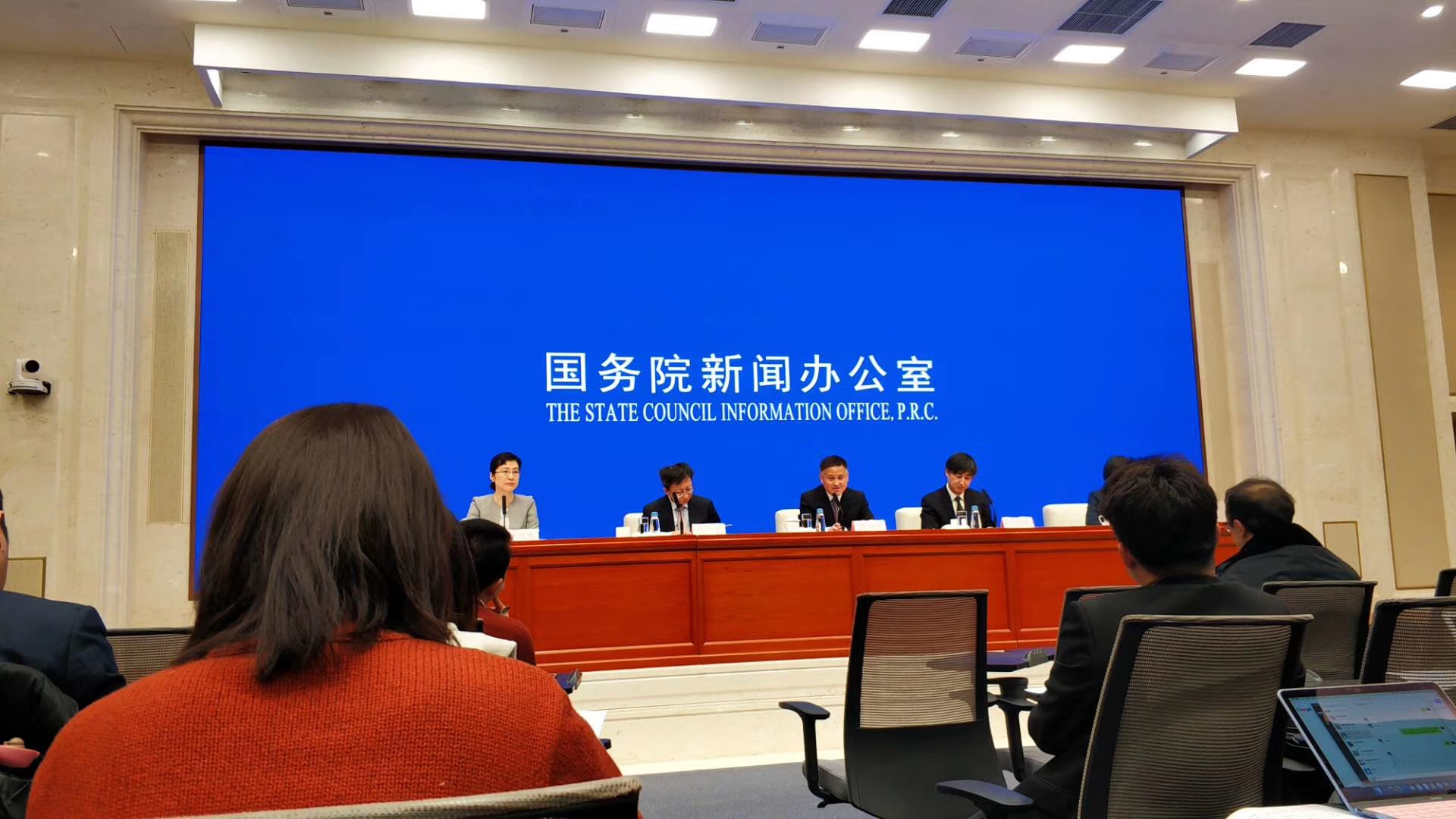
Economy
19:23, 19-Feb-2019
People's Bank of China to provide more support for banks' perpetual bonds
Updated
21:58, 19-Feb-2019
Xia Cheng
02:07

China's central bank (PBoC) is helping banks to boost their capital by providing more support for banks' perpetual bond issuance. And the country is ready to broaden the investor base for the bonds, said Pan Gongsheng, PBoC's deputy governor at Tuesday's press conference.
Perpetual bonds refer to debt without maturity dates. They help recapitalize banks with inadequate capital to lend and could potentially convert the debt into equity.
“China will allow qualified long-term investors, such as mutual funds, as well as high net-worth individual investors to invest in such bonds. The PBoC doesn't have any quantitative target on the issuance of perpetual bonds,” said Pan.
The PBoC currently allows perpetual bonds to be swapped for central bank bills, in order to increase the liquidity of perpetual debt, drive up interest and potentially lowering the issuing cost.
The deputy governor said the central bank bill swap is not a de facto Chinese QE (Quantitative Easing) and will not have a major impact on Chinese banks' liquidity condition.
In January, the PBoC became the first Chinese lender to issue such bonds, taking advantage of the low yield environment.
However, one official said that Chinese commercial banks still don't have enough capital.
Chinese banks' capital adequacy ratio, a measurement to see whether the banks have enough cushion to absorb a reasonable amount of losses before they become insolvent, was 14.02 percent at the end of 2018, up 0.55 percentage points from a year earlier.
While the adequacy ratio of tier-1 capital, the core measure of the financial strength of a bank, rose 0.24 percentage points on the year to 11.58 percent at the end of 2018.
“That's still below a globally acceptable level,” said Cong Lin, the director of China Banking and Insurance Regulatory Commission.
According to CIB Research, an independent banking research company based in Shanghai, Chinese lenders need to raise 470 billion yuan (69.4 billion U.S. dollars) this year to cover a shortfall in tier-1 capital. More perpetual debt sales are expected, but analysts warn that the funds raised should be going to efficiently allocated projects, rather than create more over-investment issues.

SITEMAP
Copyright © 2018 CGTN. Beijing ICP prepared NO.16065310-3
Copyright © 2018 CGTN. Beijing ICP prepared NO.16065310-3